Guidance for self-care against COVID-19
What is COVID-19 and its symptoms
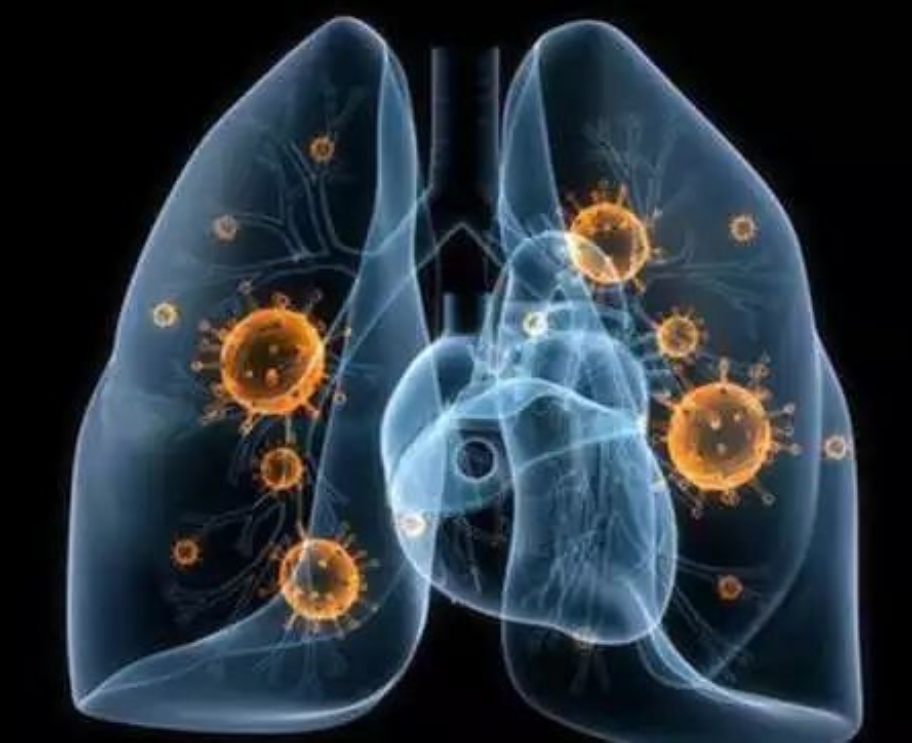 The COVID-19 is a new strain of corona-virus which has never been found in human before. It can spread among people and is highly infectious. As a newly discovered virus, there is no vaccine or specific medicine available at present.
The COVID-19 is a new strain of corona-virus which has never been found in human before. It can spread among people and is highly infectious. As a newly discovered virus, there is no vaccine or specific medicine available at present.
People with COVID-19 have had a wide range of symptoms reported - ranging from mild symptoms to severe illness.
Symptoms such as fever, cough, shortness of breath or difficulty breathing, chills, repeated shaking with chills, muscle pain, headache, sore throat , and new loss of taste or smell, usually appear 2-14 days (even longer) after exposure to the virus.
How does COVID-19 spread
 The virus is thought to spread mainly from person-to-person. Between people who are in close contact with one another (within about 2 meters). Through respiratory droplets produced when an infected person coughs, sneezes or talks. These droplets can land in the mouths or noses of people who are nearby or possibly be inhaled into the lungs. Some recent studies have suggested that COVID-19 may be spread by people who are not showing symptoms. It may be possible that a person can get COVID-19 by touching a surface or object that has the virus on it and then touching their own mouth, nose, or possibly their eyes.
The virus is thought to spread mainly from person-to-person. Between people who are in close contact with one another (within about 2 meters). Through respiratory droplets produced when an infected person coughs, sneezes or talks. These droplets can land in the mouths or noses of people who are nearby or possibly be inhaled into the lungs. Some recent studies have suggested that COVID-19 may be spread by people who are not showing symptoms. It may be possible that a person can get COVID-19 by touching a surface or object that has the virus on it and then touching their own mouth, nose, or possibly their eyes.
How to protect yourself & others
There is currently no vaccine to prevent the COVID-19. The best way to prevent illness is to avoid being exposed to this virus.
There are things everyone can do to help prevent the infection:
1)  Keep your hands clean. Wash hands frequently and wash with soap or other sanitizer for more than 20 seconds especially after you have been in a public place, or after blowing your nose, coughing, or sneezing. Use hand sanitizer that contains at least 60% alcohol if there is no soap and water when you are out. Make sure you wash your hands when you come home, visit other places, before you touch food. Do not touch your eyes, nose or mouth without cleaning your hands thoroughly.
Keep your hands clean. Wash hands frequently and wash with soap or other sanitizer for more than 20 seconds especially after you have been in a public place, or after blowing your nose, coughing, or sneezing. Use hand sanitizer that contains at least 60% alcohol if there is no soap and water when you are out. Make sure you wash your hands when you come home, visit other places, before you touch food. Do not touch your eyes, nose or mouth without cleaning your hands thoroughly.
2) Avoid going to highly epidemic areas and avoid any close contact with people from infectious areas.
3) 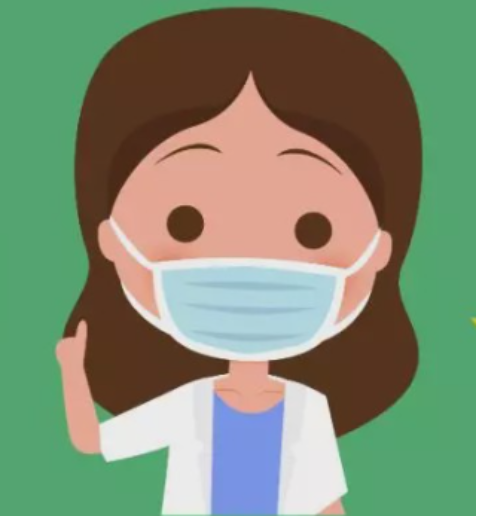 Stay home as much as possible. Avoid crowds, especially in airless enclosed spaces. Avoid longtime exposure without protection in these spaces, especially for people with low immunity (e.g. children, elderly and anyone who has chronic diseases).
Stay home as much as possible. Avoid crowds, especially in airless enclosed spaces. Avoid longtime exposure without protection in these spaces, especially for people with low immunity (e.g. children, elderly and anyone who has chronic diseases).
4) If you couldn’t avoid the above, put distance between yourself and other people, and wear a standard face masks (N95 or medical level) whenever you go out and wear in the right way.
5) Cover coughs and sneezes. If you are in a private setting and do not have on your cloth face covering, remember to always cover your mouth and nose with a tissue when you cough or sneeze or use the inside of your elbow. Throw used tissues in the trash, and immediately wash your hands thoroughly.
6)  Clean and disinfect frequently touched surfaces daily. This includes tables, doorknobs, light switches, countertop, handles, desks, phones, keyboards, toilets, faucets, and sinks. For electronics, such as tablets, touch screens, keyboards, and remote controls, clean them using alcohol-based wipes or sprays containing at least 70% alcohol.
Clean and disinfect frequently touched surfaces daily. This includes tables, doorknobs, light switches, countertop, handles, desks, phones, keyboards, toilets, faucets, and sinks. For electronics, such as tablets, touch screens, keyboards, and remote controls, clean them using alcohol-based wipes or sprays containing at least 70% alcohol.
7) Maintain good ventilation by open windows several times every day.
Diet suggestions
No specific foods or supplements have been found to prevent human infection with covid-19. In addition to the recommendations of the World Health Organization, we encourage everyone to adopt a balanced diet to support the immune system. Here are some tips:
1) 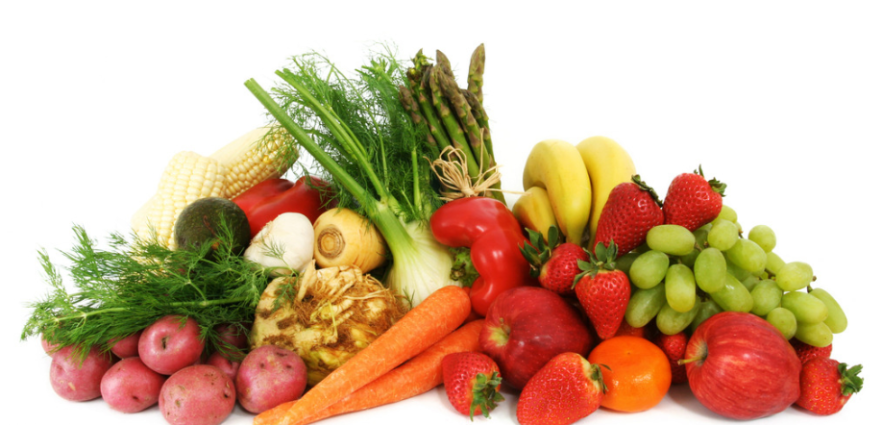 A variety of fruits and vegetables. They are a good source of vitamins and minerals, which are important to support the immune system.
A variety of fruits and vegetables. They are a good source of vitamins and minerals, which are important to support the immune system.
2) High-fiber food. Some undigested fibers in the gut can promote the growth of beneficial bacteria, which interact with the immune system and make the immune system work better.
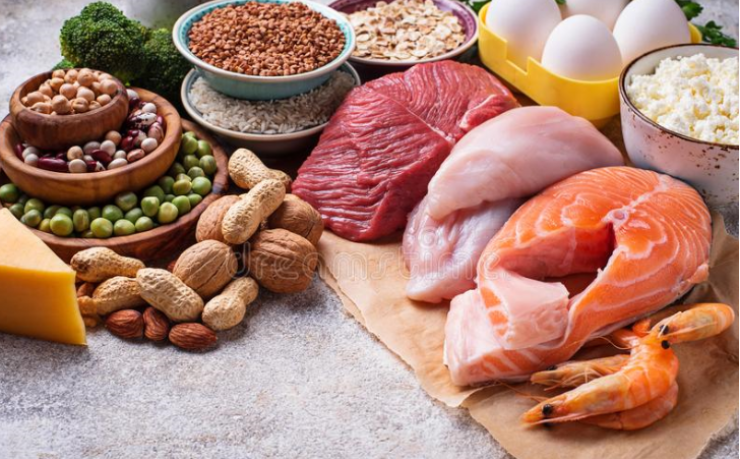
3) Oily fish. It is a source of Omega - 3 fatty acids and helps regulate and control the immune system.
4) Meat. They are important sources of nutrients such as iron, vitamin B12 and protein. People who don't eat meat can take relevant supplements.
According to Chinese dietary culture, the following foods can be taken in daily diet to help strengthening your lungs:
1) Chinese Yam
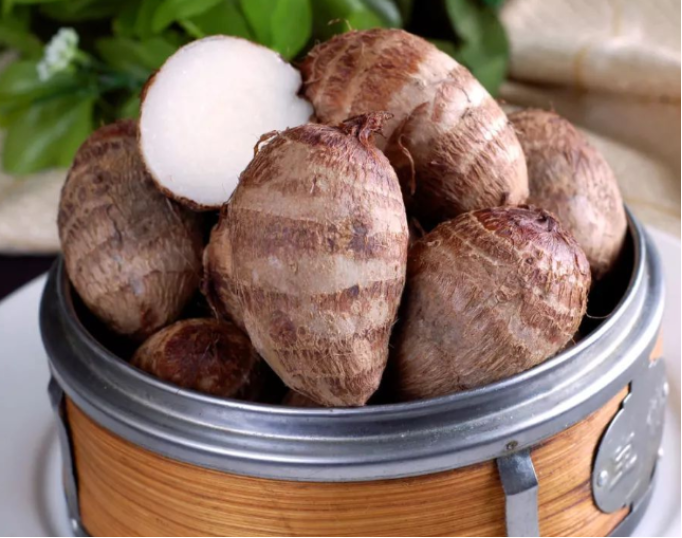 Chinese yam contains protein, vitamin, starch, calcium and phosphorus and other essential nutrients for human body. Its saponin and mucus have the function of lubrication and moistening. Therefore, it can benefit lungs, and ease symptoms such as lung deficiency, phlegm cough and long cough. The best way is to cook porridge or stir fry.
Chinese yam contains protein, vitamin, starch, calcium and phosphorus and other essential nutrients for human body. Its saponin and mucus have the function of lubrication and moistening. Therefore, it can benefit lungs, and ease symptoms such as lung deficiency, phlegm cough and long cough. The best way is to cook porridge or stir fry.
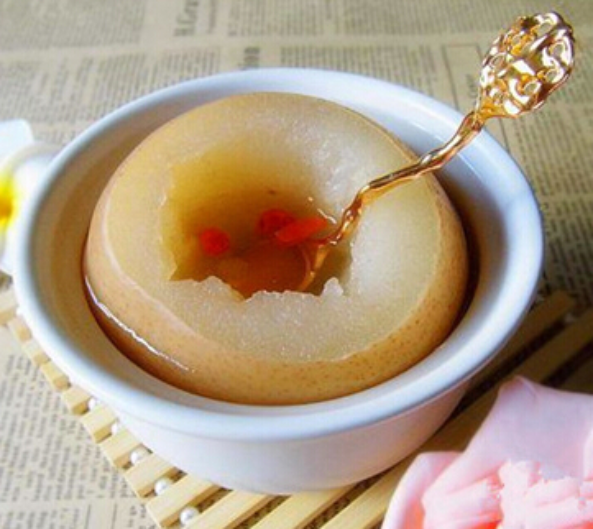 2) pear
2) pear
Pear is also a common fruit in daily life. It is good to the lungs and the heart, can help reduce phlegm and inflammation. It can be stewed with ice sugar.
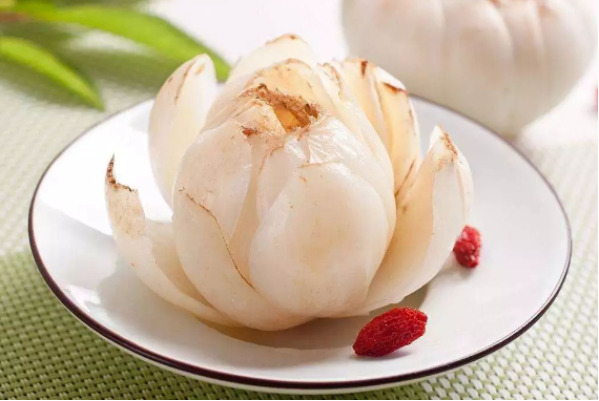 3) Lily fruit
3) Lily fruit
Lily fruit has the effect of nourishing lungs, and assist in the treatment of cough. It's better to stir fry or cook porridge.
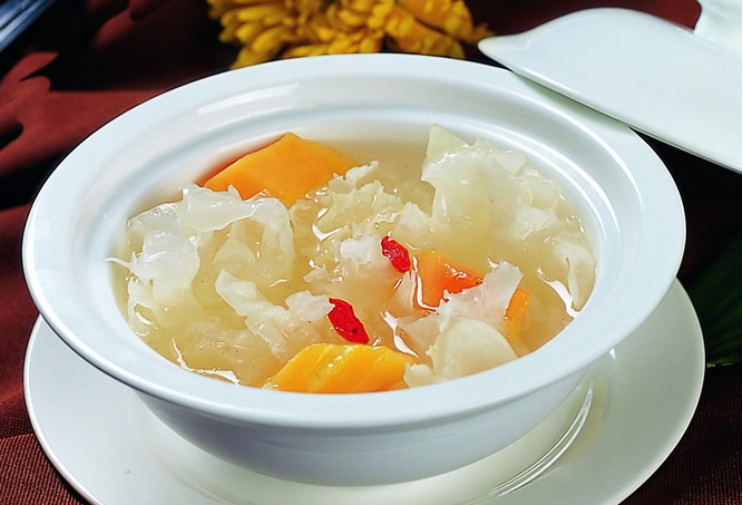 4) Tremella / white fungus
4) Tremella / white fungus
Tremella is a sweet, mild and nontoxic food. It not only has the effect of nourishing the spleen and appetizing the stomach, but also has the effect of clearing and moistening the lungs. It can not only enhance human immunity, but also enhance the tolerance of cancer patients to radiotherapy and chemotherapy. The best way to make tremella is to stew it with red dates, wolfberry and ice sugar.
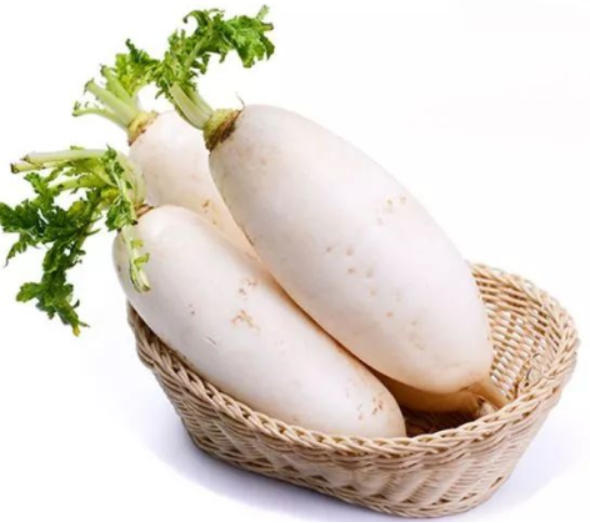 5) White radish
5) White radish
White radish has the functions of moistening the lung, detoxifying and promoting the production of body fluid, diuresis and defecation.
 6) Soymilk
6) Soymilk
It is rich in plant protein and phospholipid, vitamin B1, B2, niacin, iron, calcium and other minerals. In addition to being easy to absorb, it can also relieve bronchitis and reduce the burden of the lung.
*Please adjust the above diet suggestions according to your physical condition and eating habits.